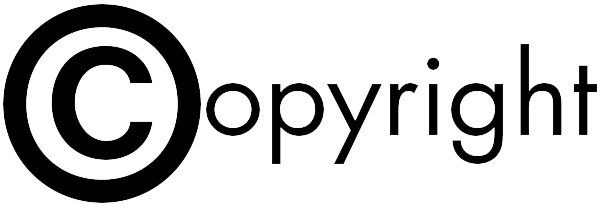CREATIVE ECONOMY AND ITS ROLE IN PREVENTING CORRUPTION IN INDONESIA
DOI:
https://doi.org/10.56282/slr.v1i3.478Keywords:
creatice economy, corruption, technologyAbstract
The creative economy sector, which in it attached the economy, technology, information, innovation, and intelligence, is a righteous infrastructure to tackle corruption. Technology that strongly supports the national economy, then economic growth is expected to increase the supremacy of law, and the rule of law can decrease corruption, while corruption has been widespread on economic rent-seeking behavior which is technically legal has reduced economic efficiency by justifying excessive expenditure, monopoly power, and weak enforcement. Thus, it is important and urgent to conduct a juridical study using new institutionalism theory to reconceptualize the creative economy with corruption prevention. The corruption in Indonesia cannot rely on the concept of creative economy limited to the thoughts, ideas, or creativity of HR as the main production factors in economic activity, but the concept must be shifted to the form of economic efficiency, propriety of business, collective restraints, and institutions that have accommodated public participation, transparency and accountability as the main weapons in preventing corruption. In supporting the development of creative economy law, the Ministry of Tourism and Creative Economy can generate a legal certainty guarantee for the running of an efficient, healthy and smooth creative economy by producing anti-corruption-based e-commerce law. Other supports are: continuously socializing the anti-corruption based economy creative, giving incentives or appreciation for whose creative economics ideas and creativities establish the economic rent prevention, providing the efficient and appropriate technology in the context of the creative economy, and creating whistleblowers application as early warning system in eradicating corruption.
Downloads
Downloads
Published
How to Cite
Issue
Section
License
Copyright (c) 2023 Scientium Law Review (SLR)

This work is licensed under a Creative Commons Attribution-NonCommercial-ShareAlike 4.0 International License.










